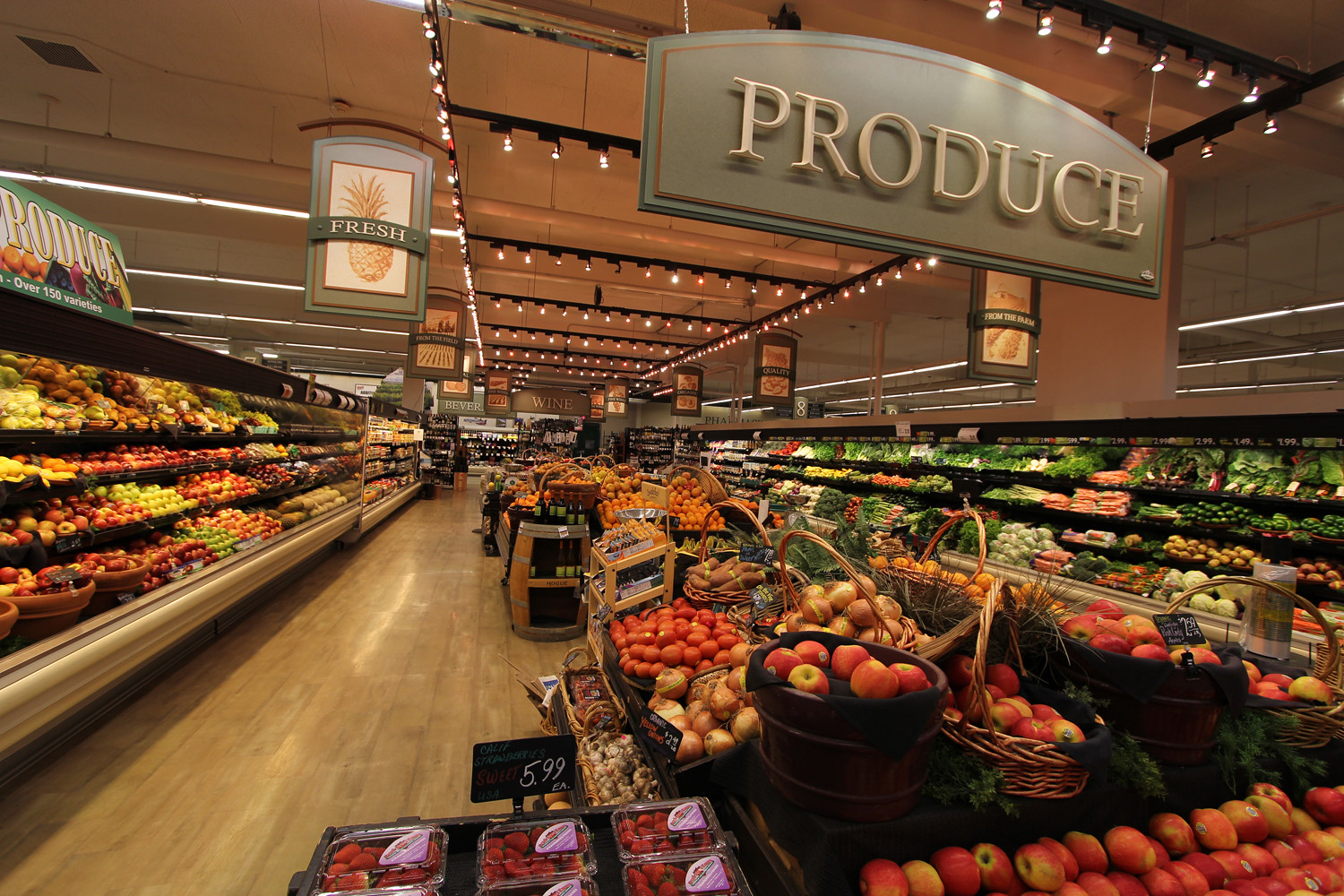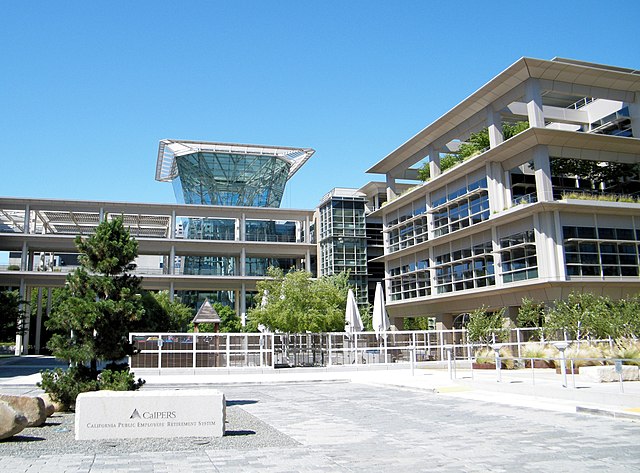On Monday, the Federal Trade Commission (FTC) and a coalition of states including California filed a lawsuit to block the proposed $24.6 billion merger of grocery titans Kroger and Albertsons, a potential alliance that raises significant concerns among regulatory bodies, consumer advocates, and unions alike. The merger, announced in October 2022, has stirred apprehension regarding soaring grocery prices, the prospect of job losses, the closure of stores, and reduced consumer choice, issues that have become increasingly pertinent in the wake of persistent food inflation.
“Kroger’s acquisition of Albertsons would lead to additional grocery price hikes for everyday goods, further exacerbating the financial strain consumers across the country face today,” said Henry Liu, director of the FTC’s Bureau of Competition. “Essential grocery store workers would also suffer under this deal, facing the threat of their wages dwindling, benefits diminishing, and their working conditions deteriorating.”
To confront this alleged anti-competitive move, Illinois, Wyoming, Oregon, Nevada, Arizona, New Mexico, Maryland, and the District of Columbia have joined California in the legal challenge.
The implications of the merger extend beyond consumer wallets. California Attorney General Rob Bonta pinpointed concerns about the merger’s effects on workers, agricultural suppliers, and entire communities, particularly in Southern California where Kroger-Albertsons could emerge as the sole comprehensive grocery option. “As many families continue to feel the burden of inflation, fighting corporate consolidation that threatens to increase prices and reduce service is more important than ever,” said Bonta.
Kroger’s chairman and CEO, Rodney McMullen, rebutted the FTC’s claims, arguing that the merger with Albertsons is a strategic effort to provide “superior value to customers, associates, communities and shareholders.” In a statement, Kroger asserted that the combined company would not only compete more effectively against larger, non-union players such as Walmart and Amazon but also pledged commitments, including “$500 million to begin lowering prices day one post-close” and a $1.3 billion investment to enhance Albertsons’ stores.
For the United Food and Commercial Workers (UFCW), the proposed deal is an unequivocal threat to their members’ livelihoods, suggesting the resultant monopoly would compromise jobs, lead to higher consumer prices, and potentially create food deserts. The union has been vocal since the amalgamation’s inception, condemning the projected outcomes for workers and the broader community.
As reported by pasadenanow.com, mynewsla.com, nypost.com, kqed.org, and timesofsandiego.com.







